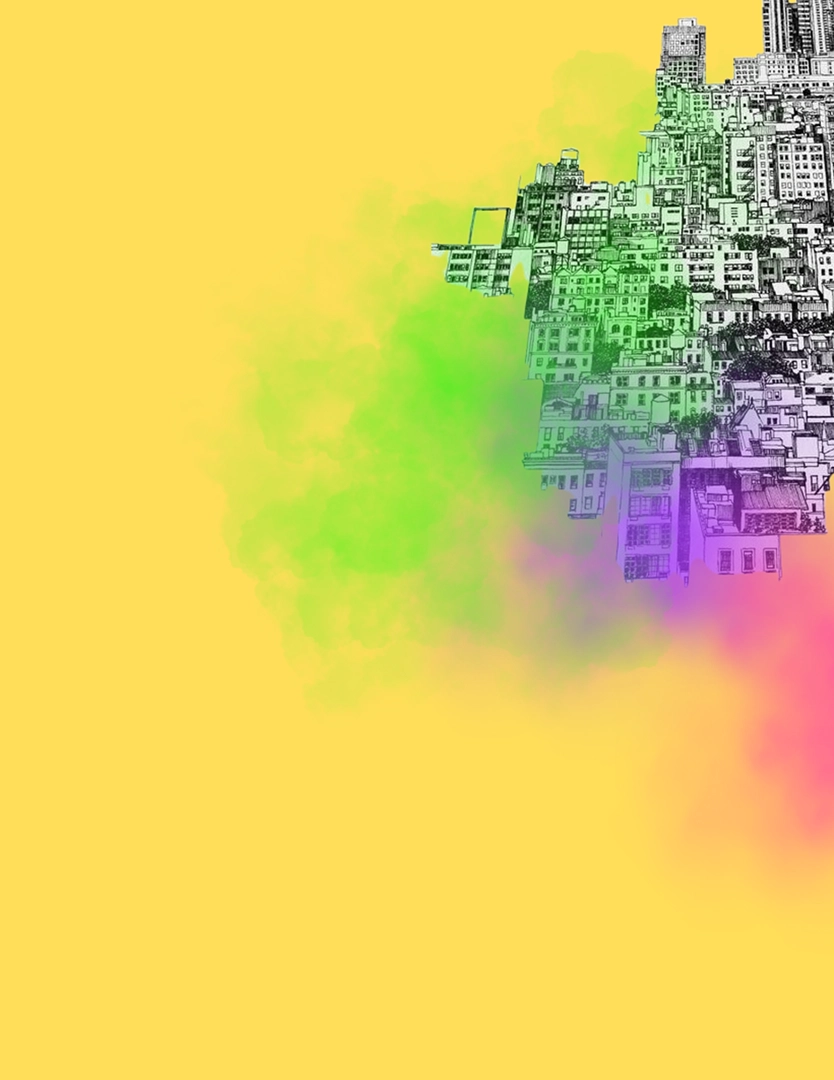Pakistan’s cities are expanding rapidly, with more people than ever before living in urban areas. This rapid urbanization is stretching the capacities of city infrastructures, which are already under strain. Unfortunately, much of this growth has occurred without adequate planning, leaving cities unprepared for the escalating impacts of climate change.
Urbanization in Pakistan has not only reshaped the landscape but has also created zones of marginalization and environmental degradation, particularly in the areas where rural and urban environments intersect. These peripheral regions, often poorly regulated and underdeveloped, are highly susceptible to environmental disasters. Communities displaced by climate change from rural areas find themselves in informal settlements at city edges, where they face precarious living conditions and increased exposure to climate risks.
A recent UN Habitat study underscores the growing vulnerability of cities, particularly in low- and middle-income countries like Pakistan, to climate change. As urban areas already struggle with natural disasters such as floods and extreme weather, these challenges are expected to worsen with rising sea levels and desertification. The study highlights how climate change amplifies existing problems such as poor governance and unregulated urban expansion—further deteriorating living standards and stalling economic growth.
The Role of Local Governance in Climate Adaptation
Municipal governments play a pivotal role in addressing climate risks.
Positioned at the forefront of disaster risk reduction (DRR), local authorities are responsible for managing preparedness, mitigation, and response efforts. As climate-related disasters grow in frequency and intensity, the complexity of urban settings demands more adaptive disaster responses from humanitarian agencies.
Effective disaster management now requires integrating climate change adaptation into urban planning. Many urban disasters today stem from poor development policies and weak governance. Protecting vulnerable populations—especially the urban poor—calls for a holistic approach that combines economic, social, and spatial strategies. This includes urban risk mapping and preparedness plans tailored to the unique vulnerabilities of each city.
The Global South’s Climate Crisis and Pakistan’s Cities
Rapid urbanization is a global trend, particularly in low-income countries across Africa and Southeast Asia, where weak governance has led to poorly planned cities. More than a billion people live in slums, highly vulnerable to climate-induced risks. In cities like Lahore, Islamabad, and Karachi, the influx of internally displaced persons (IDPs) fleeing rural climate impacts further compounds urban challenges, including violence, poverty concentration, and inadequate access to essential services like water and sanitation.
Smaller cities in developing nations are especially vulnerable due to limited infrastructure and poor planning, leaving them ill-equipped to cope with climate change. Coastal cities, including Karachi, face the looming threat of rising sea levels, exacerbating the vulnerabilities of already at-risk populations. Urban vulnerability is a complex interplay of physical risks and socio-economic inequalities, such as unequal land access and poor disaster preparedness. Humanitarian efforts must evolve to address these challenges and build resilience in urban areas facing the growing threat of climate change.
Urban Resilience and Climate Adaptation
For Pakistan to protect its urban populations, immediate action is needed. Climate adaptation strategies must prioritize strengthening infrastructure, enhancing governance, and improving disaster preparedness in cities. Tailored solutions for each urban area are critical to safeguarding vulnerable communities and ensuring long-term urban resilience in the face of an increasingly volatile climate.
By integrating climate change responses into city planning and governance, Pakistan can mitigate the growing risks posed by climate change and urbanization. Municipal governments, humanitarian actors, and development agencies must work collaboratively to build cities that are not only resilient but also equitable and sustainable for future generations.
Pakistan’s Major Cities: Facing Climate Crises
Lahore
Lahore is battling severe air pollution and extreme heatwaves. Smog, driven by vehicular emissions, industrial activity, and crop burning, blankets the city during winter, exacerbated by changing climate patterns. Rising temperatures and prolonged heatwaves further strain the city’s energy supply, jeopardizing public health and quality of life.
Islamabad
The capital city faces increasing risks from flash floods due to erratic rainfall. Islamabad’s green reputation is challenged by rapid urbanization, which has reduced natural water absorption areas, intensifying flood risks. The urban poor, particularly those in informal settlements, bear the brunt of these disasters.
Karachi
Pakistan’s largest city is highly vulnerable to coastal flooding and deadly heatwaves. Rising sea levels and storm surges, especially during monsoon seasons, threaten low-lying areas, while inadequate drainage systems exacerbate flooding. Heatwaves, like the deadly one in 2015, claim lives in a city where many lack access to cooling resources.







